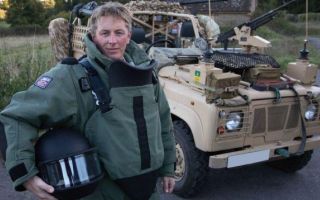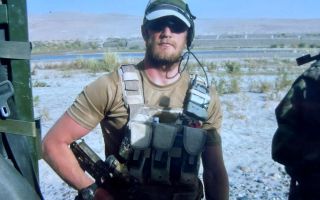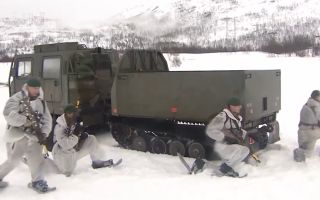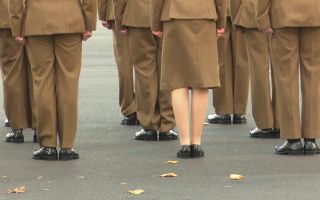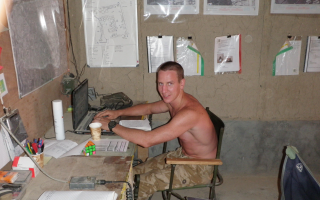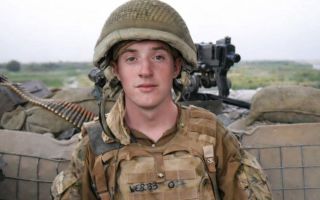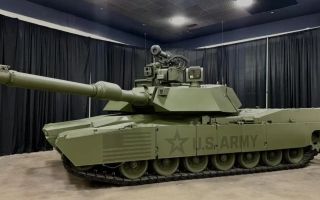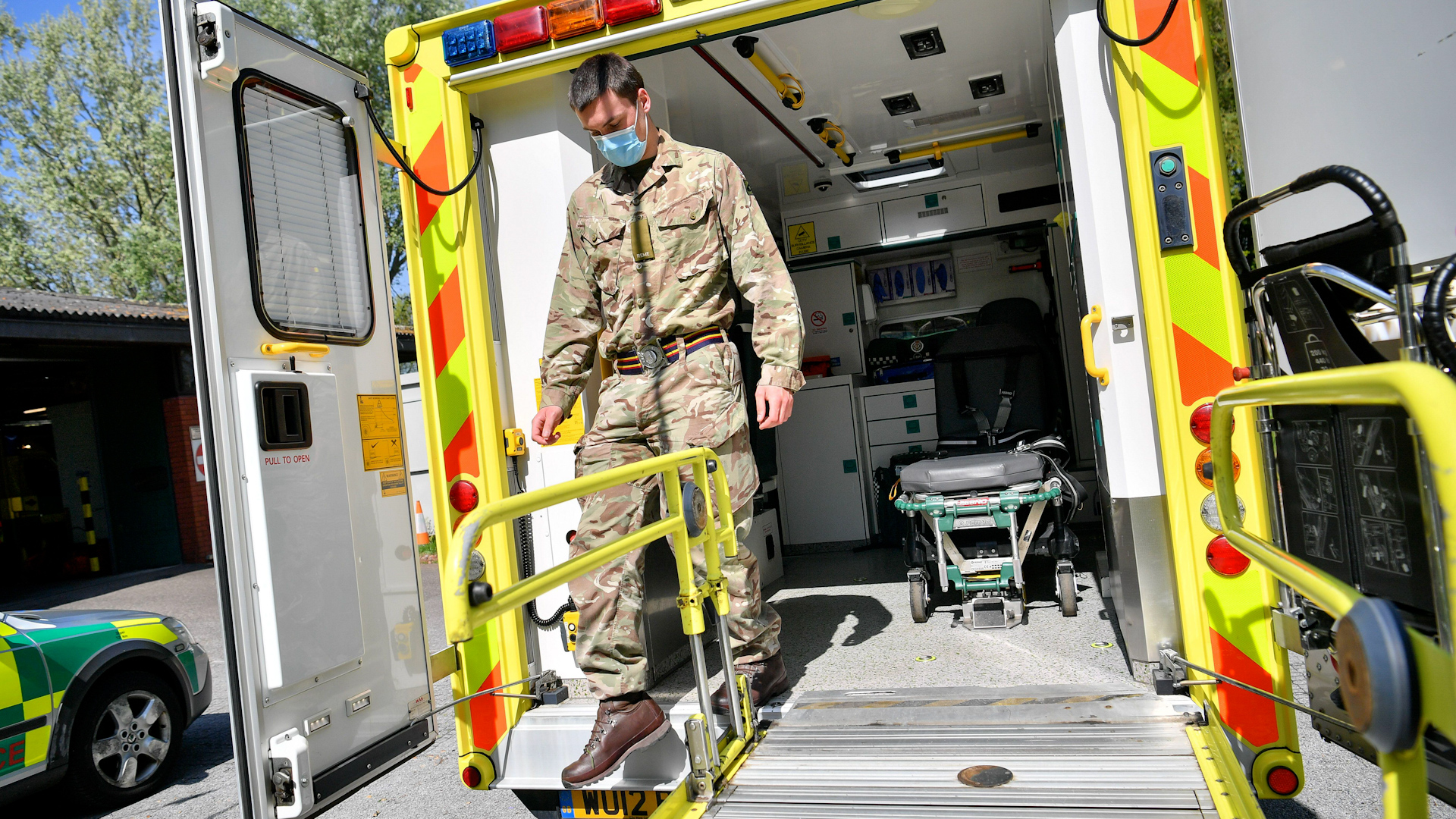
Military personnel would step in to help NHS during winter of strikes under contingency plans

Armed forces personnel could drive ambulances and stand in for frontline hospital roles under emergency plans to deal with a possible winter of strikes.
Health and defence officials are drawing up a contingency strategy as ambulance drivers and paramedics consider joining nurses on the picket lines in the coming months.
As first reported by the Times, the Government could utilise the Military Aid to the Civil Authorities (Maca) to keep key services in the NHS running during major walkouts.
Maca was used during the coronavirus pandemic to help struggling health staff, with personnel supporting hospital and ambulance workers.
Armed Forces personnel were also used to carry out testing, administer vaccines and deliver protective equipment.
Last year, military personnel took part in training at Maindy Barracks in Cardiff to drive ambulances for the Welsh Ambulance Service NHS Trust (WAST).
A total of 100 service members from across the Royal Navy, British Army and RAF went through the training and worked alongside fully trained paramedics and technicians until November 2021.
The deployment followed a Maca request from WAST, as part of efforts to free up emergency responders under strain due to the pandemic.
At the start of the year, about 2,100 personnel were deployed across the UK to support emergency services.
No formal request for help has been made by the Department of Health and Social Care to the Ministry of Defence (MOD).
A Government spokesperson said: "We hugely value the hard work of all NHS staff and we are doing what we can to help ease pressures put on the health and care system as a result of winter and Covid.
"We are working with the NHS on a range of options to manage disruption to health and care services during industrial action.
"Hospitals will do everything they can to ensure patients and the public are kept safe, however, planned appointments may need to be cancelled and emergency care prioritised to those in need of urgent care only."
The prospect of strikes being called off ahead of Christmas appeared bleak, as Transport Secretary Mark Harper said public sector pay rises in line with soaring inflation are "unaffordable".
The Cabinet minister said there "simply isn't the money" to meet the demands of workers preparing to take industrial action but hinted at progress in talks over rail strikes.
Mr Harper indicated a change in the mandate for negotiations and said pay rises could come if rail workers accept reforms, after holding "positive" talks with Rail, Maritime and Transport (RMT) union general secretary Mick Lynch.
Nurses are set to stage their first UK-wide strike action next month, as they join transport and postal workers on the picket lines in disputes over pay and conditions.
Royal College of Nursing (RCN) members in England, Wales and Northern Ireland will walk out on December 15 and 20 if the dispute is not resolved.
Health Secretary Steve Barclay has urged the nursing union to "come back to the table" for talks but he is declining to discuss pay, instead wanting to talk about conditions such as pension arrangements, holidays, rosters and the availability of free coffee.
RCN general secretary Pat Cullen wrote to Mr Barclay telling him it is "negotiations or nothing".

